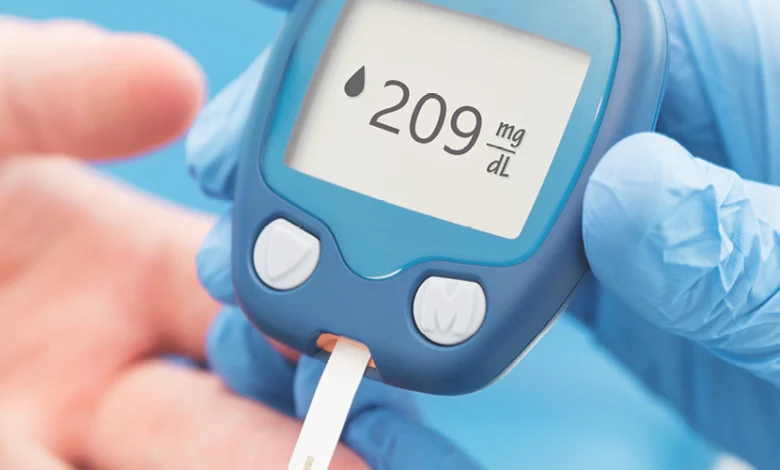Health ministry raises alarm over surge in diabetes cases nationwide

DODOMA: THE Ministry of Health has expressed growing concern over the rising number of diabetes cases in the country, revealing that women continue to account for the majority of those diagnosed.
According to DHIS2 national health data covering July 2024 to June 2025, more than 200,000 patients who attended health facilities during this period were diagnosed with diabetes.
The total caseload increased sharply from 814,449 cases recorded between July 2023 and June 2024 to 863,942 cases in the subsequent year. Health experts say the trend highlights the urgent need for strengthened efforts in prevention, early detection and timely medical care.
Globally, the World Health Organisation (WHO) estimates that around 423 million people are living with diabetes, most of them in low- and middle-income countries.
ALSO READ: Patient numbers increase, women lead as Tanzania marks Diabetes Day
The disease directly causes more than 1.5 million deaths annually. In a statement issued over the weekend, Head of Government Communications in the Ministry of Health, Ms Roida Andusamile, said the government is expanding diabetes services to grassroots level while intensifying public education on prevention and control.
She said the ministry continues to promote lifestyle changes, including healthy eating habits, managing stress and engaging in regular physical exercise.
These, she said, are key interventions for reducing the risk of developing diabetes. Ms Andusamile added that the government is also building the capacity of healthcare providers, including community health workers, to improve early diagnosis and ensure timely treatment for those affected.
This year’s World Diabetes Day theme, “Diabetes and Well-being: Take Action to Manage Diabetes in the Workplace,” underscores the importance of creating supportive and health-conscious working environments.
“It is vital for workplaces to provide enabling conditions for people with diabetes, including access to routine screening, essential health services and emotional support, to ensure productivity and overall well-being,” she emphasised.





